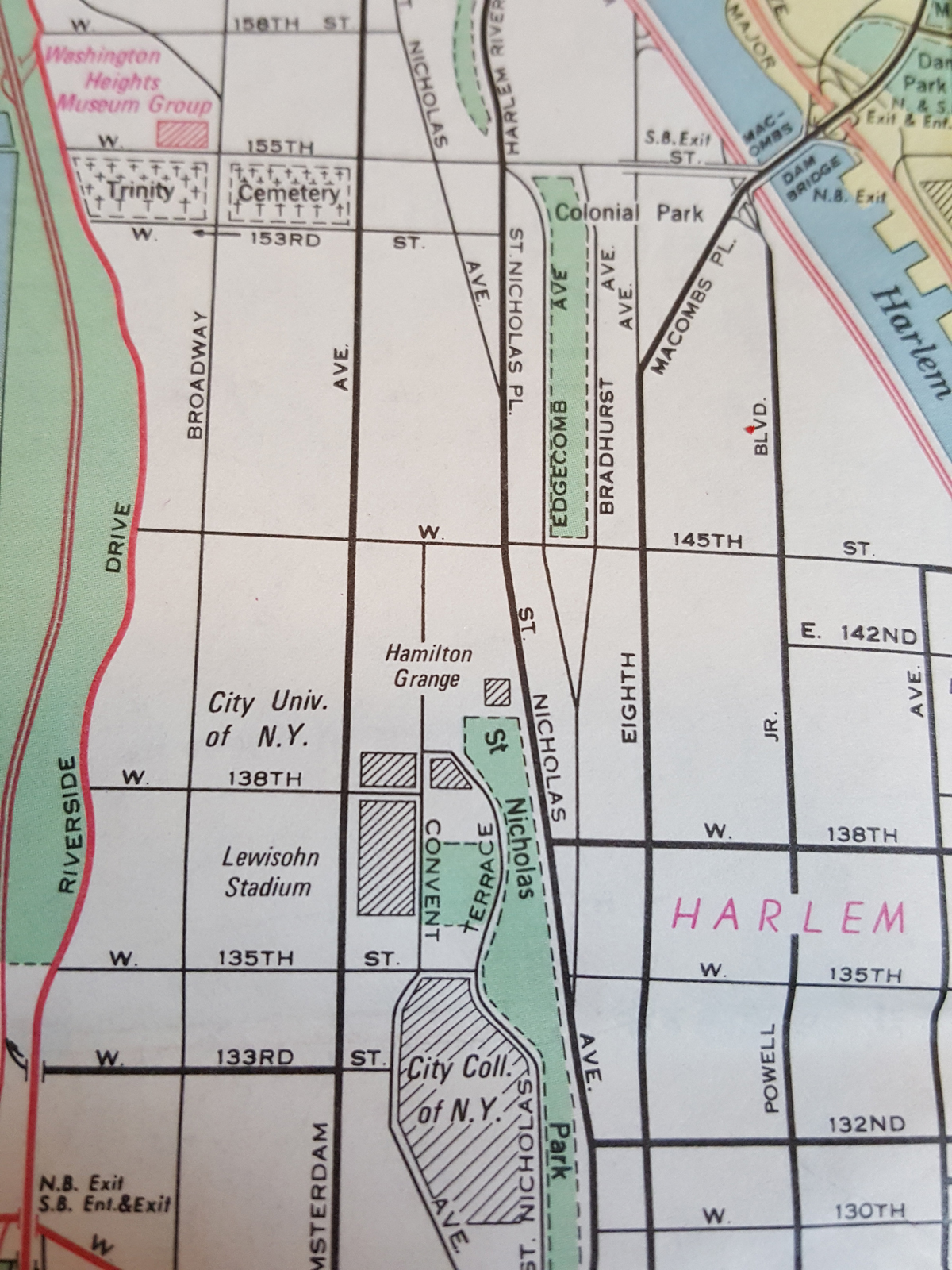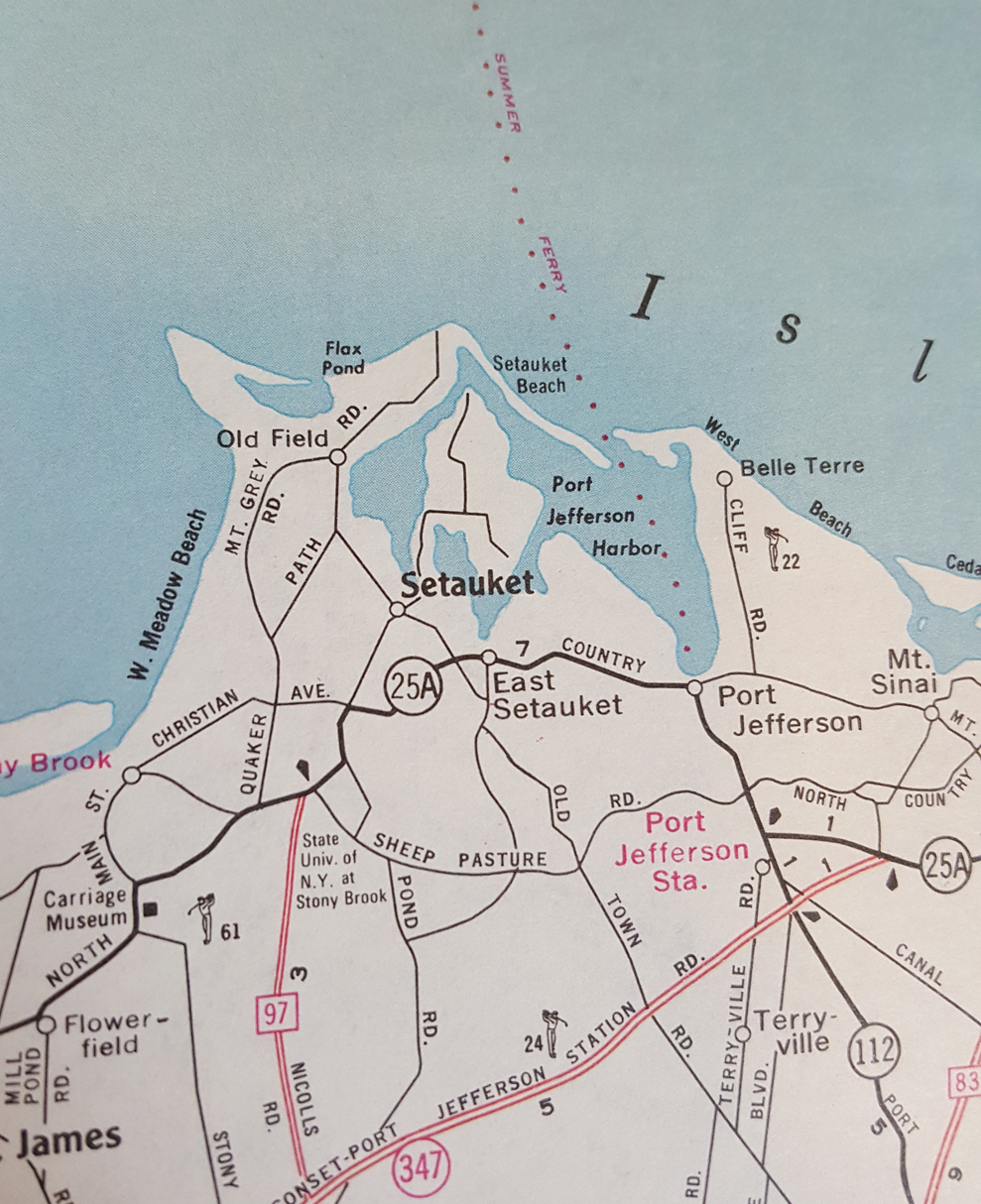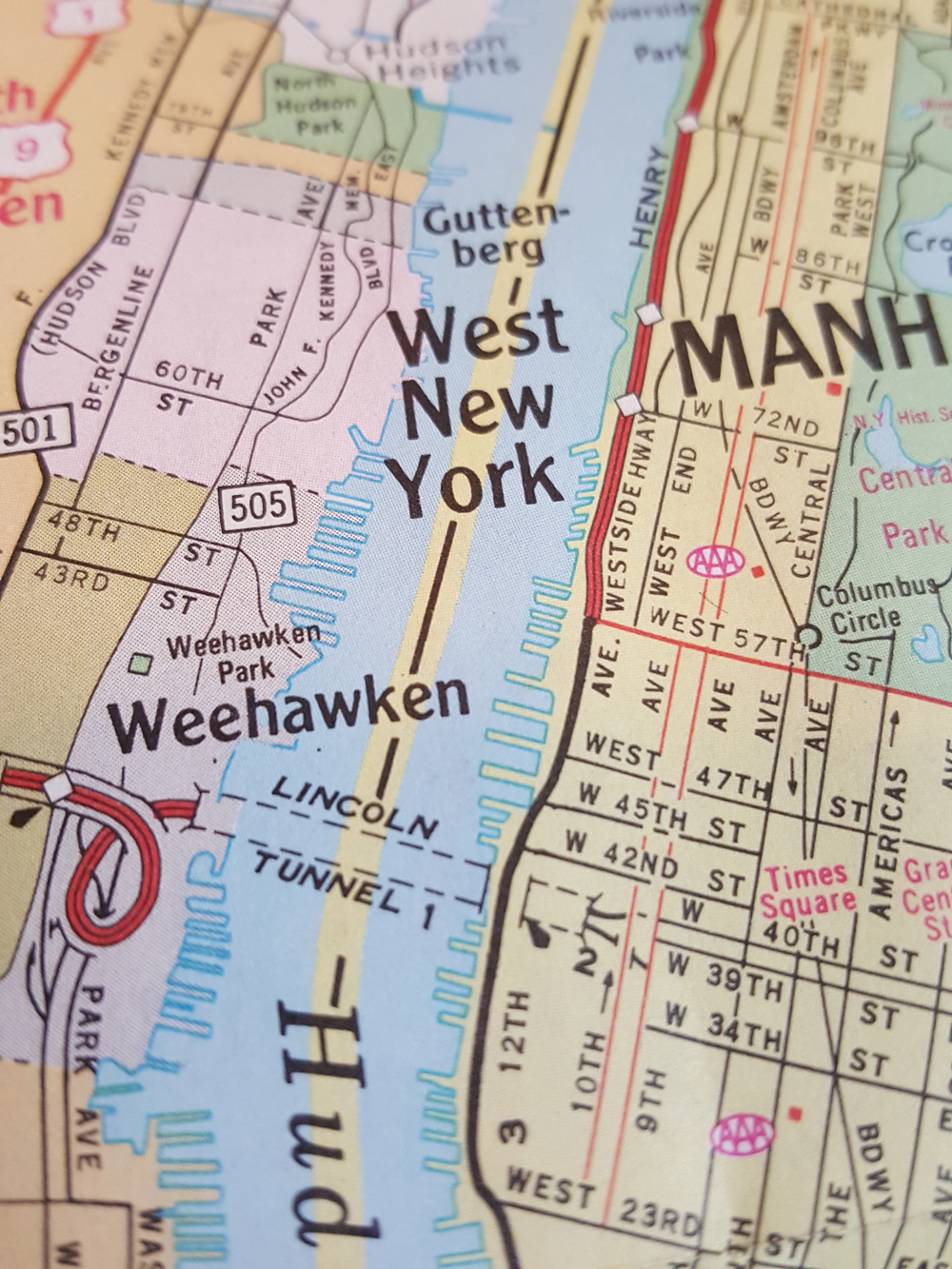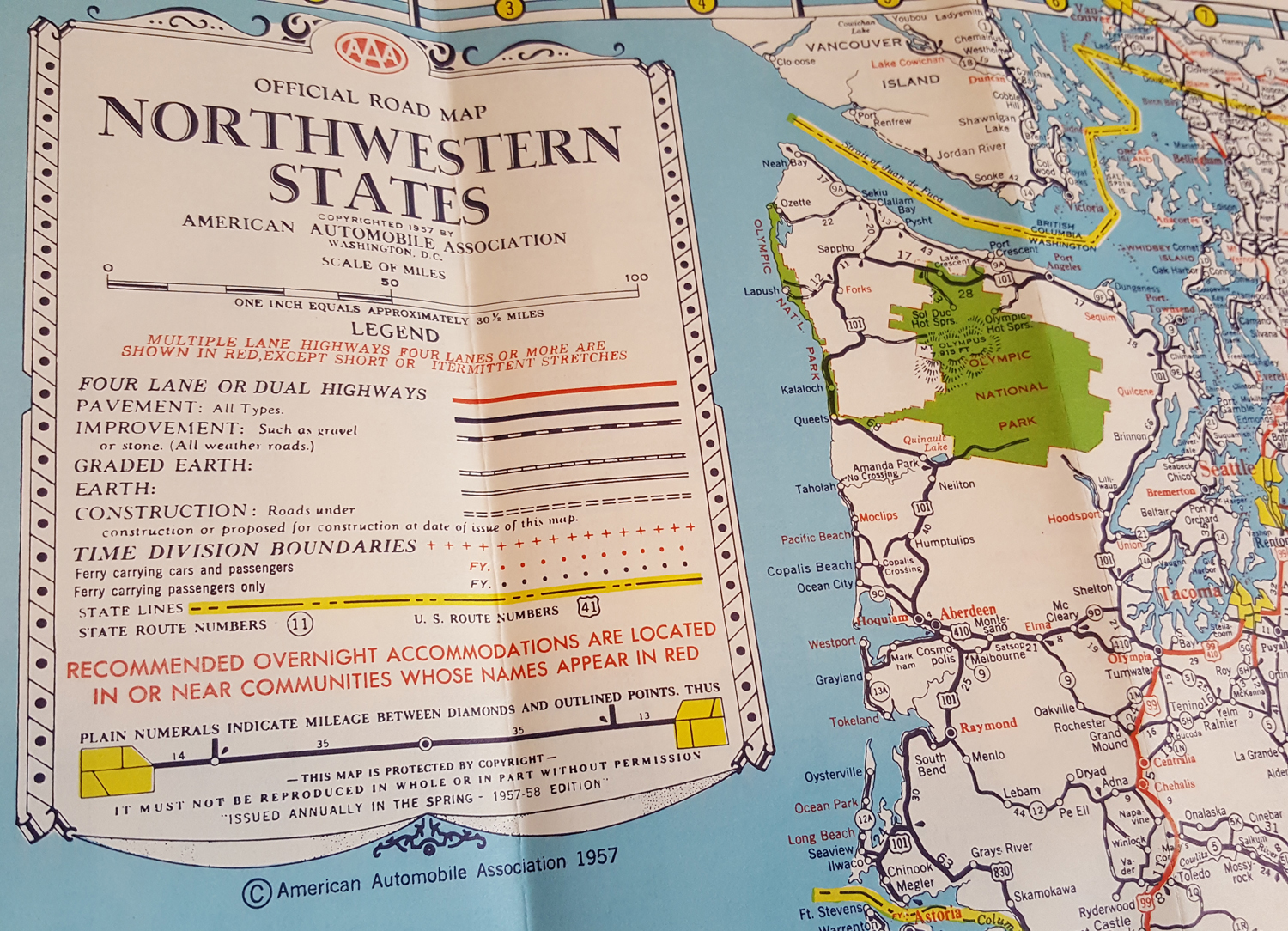I don’t know much about James Monroe. Last night I started his section in the James Madison book, and got a bit more up to speed about who he was. One interesting tidbit I want to share rather encapsulates why I have become so attached to the study of human history here in the US.
At one point in the 1780s, Monroe — who tended to be very emotional and a bit insecure — complained in a letter to a friend that Madison and Jefferson had “hurt my feelings.”
This passage stopped me for a moment. We don’t think of these long-gone founders as having real emotions very often, of showing a trace of vulnerability, in fact I didn’t even know such things could be articulated back then, particularly by a man. When I think of the phrase “my feelings are hurt”, it conjures images of something very modern, maybe dating from the 20th century at the earliest.
But nope. Here we have a six-foot-tall soldier, a lawmaker, a founding father, confessing that not only does he have feelings, but that they can be hurt. Of course I think Lafayette said this kind of thing a lot too, his heart was an open book to his friends.
Humanity is constant, it changes, but it also stays exactly the same. We think that we can escape our nature and disappear into screens and distractions, but evolution is more powerful than we know. Connecting with our ancestors as fellow people who share these feelings and experiences is what brings them alive. Many history books, especially the ones taught in schools, are dry and boring affairs full of dates and places and names of men, but few stories anyone can relate to. But those stories are there, they just have to be searched out.
And on yesterday’s dream post: of course this morning I dreamed about riding on a bus. As usual, I was in SF. I disembarked and then realized I had left my suitcase on board. I tried to chase the bus, but it drove away.








